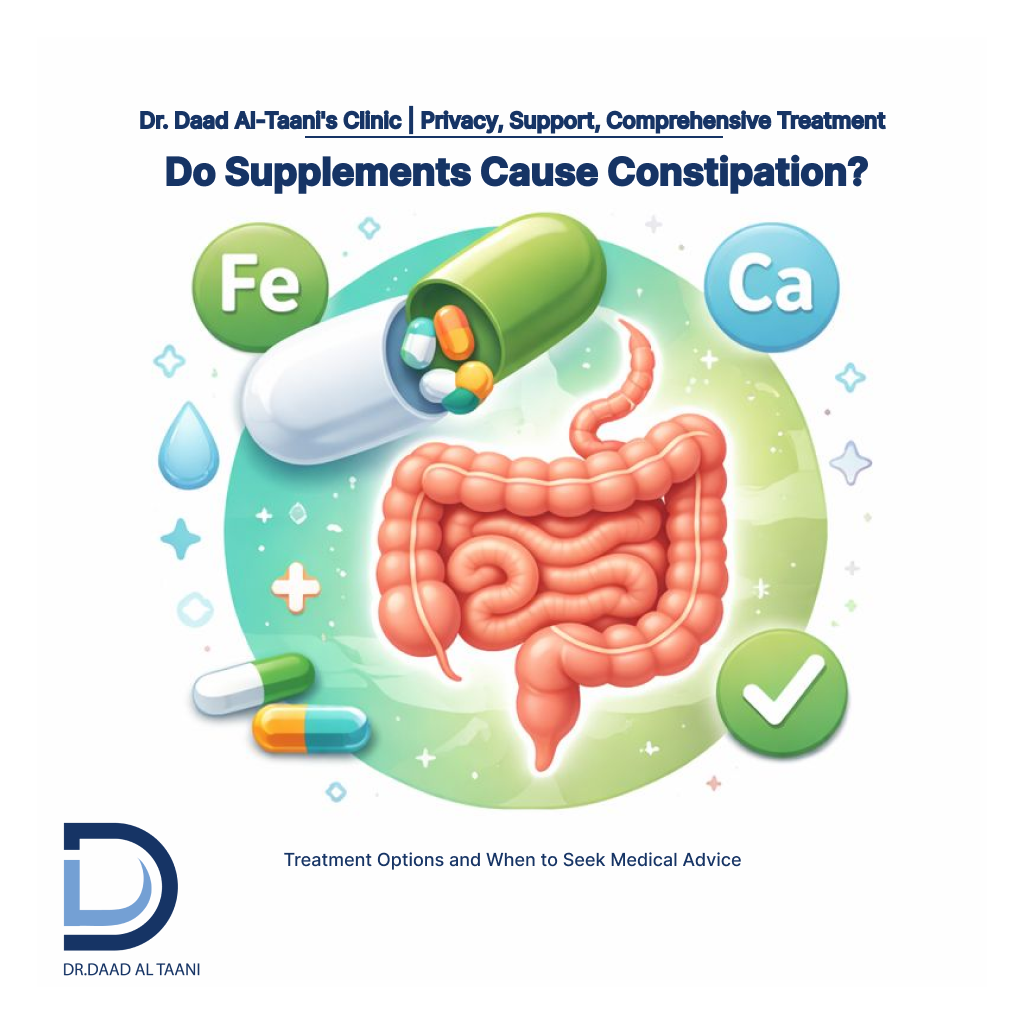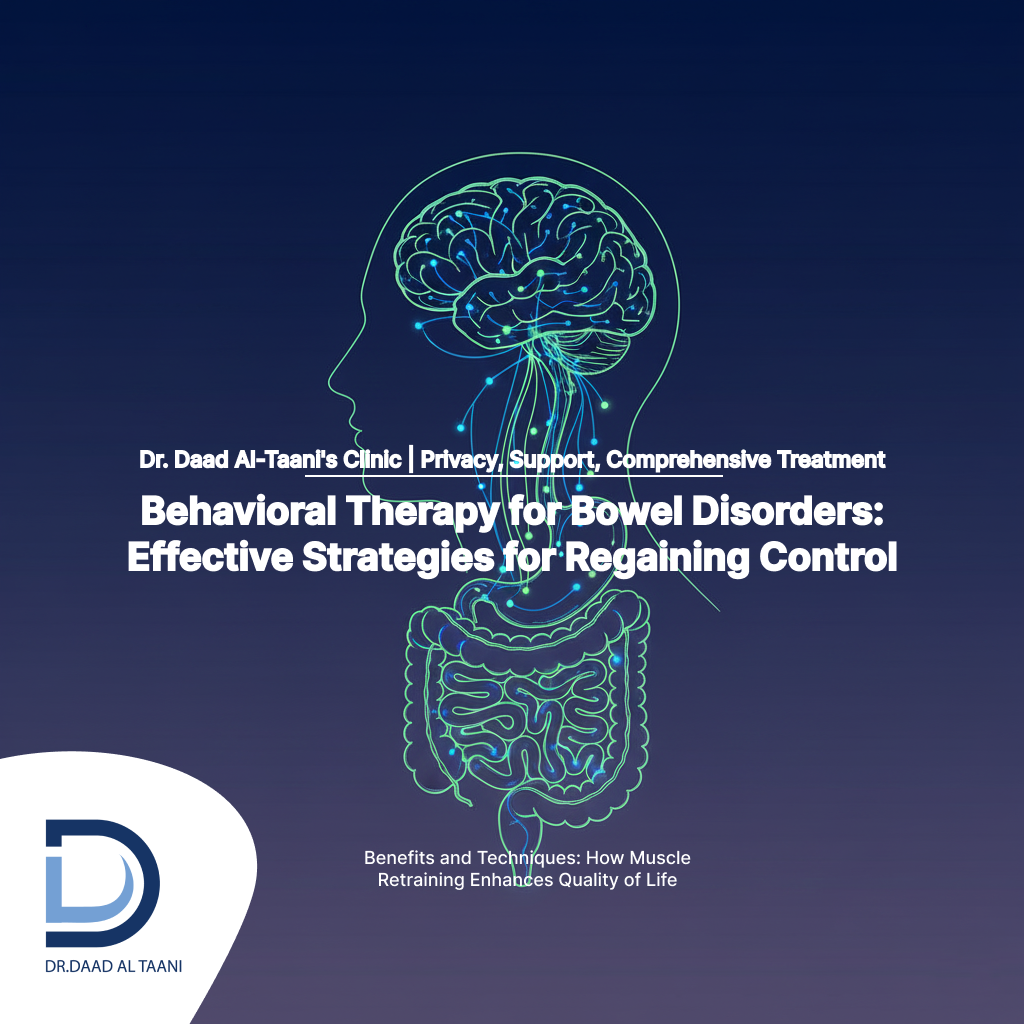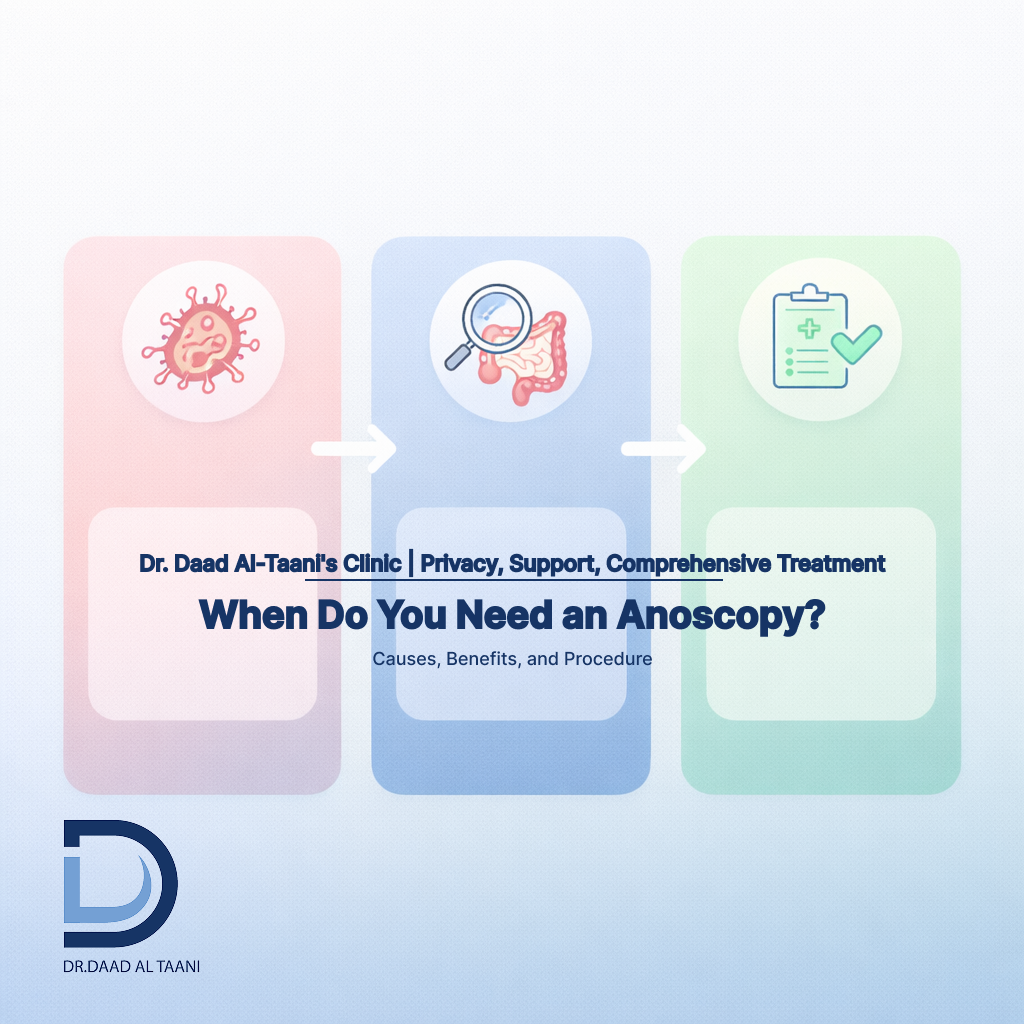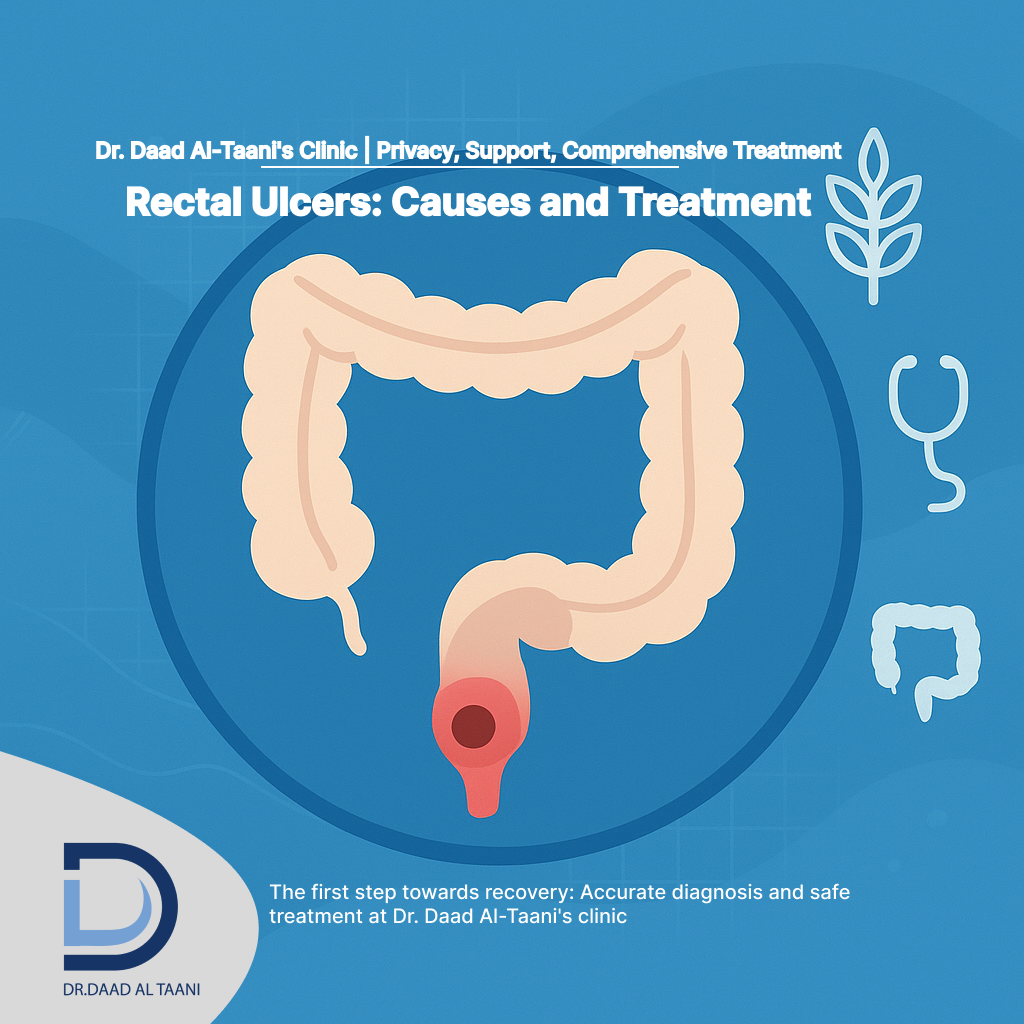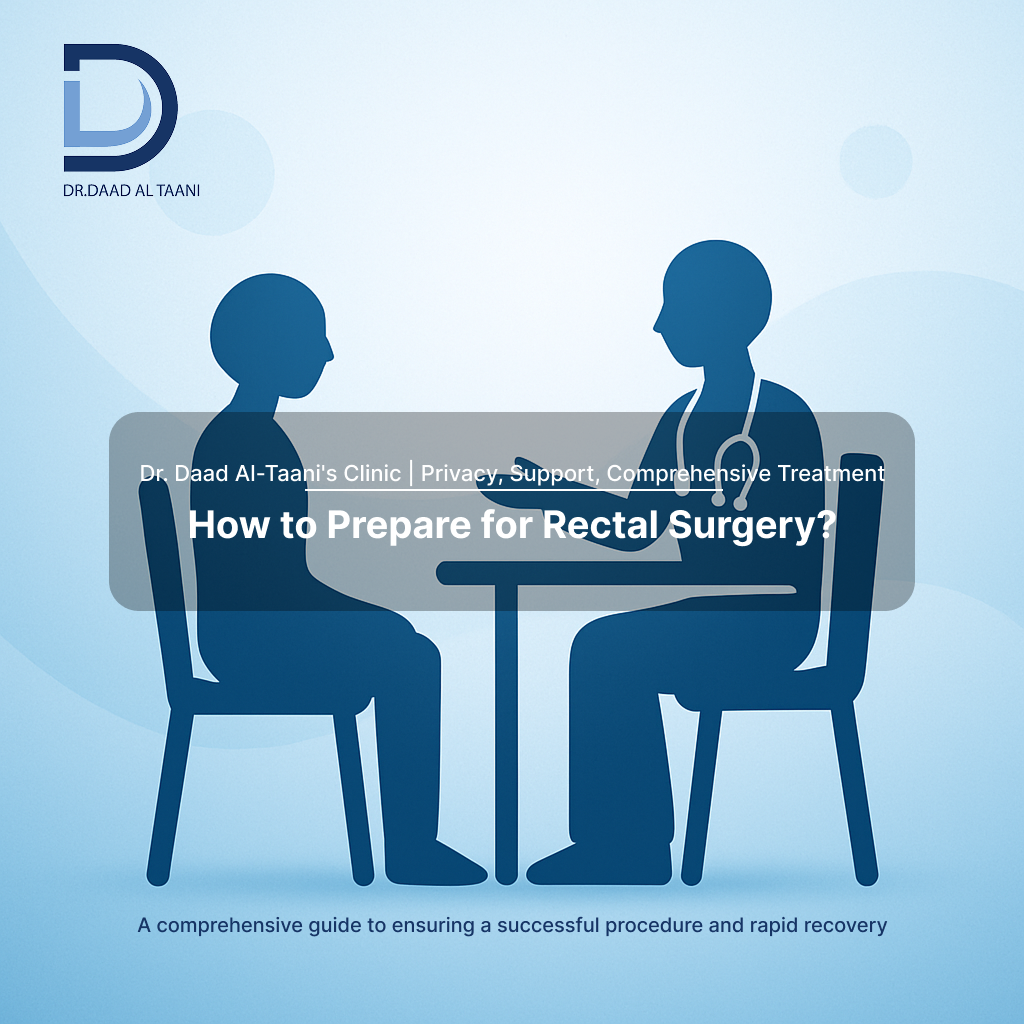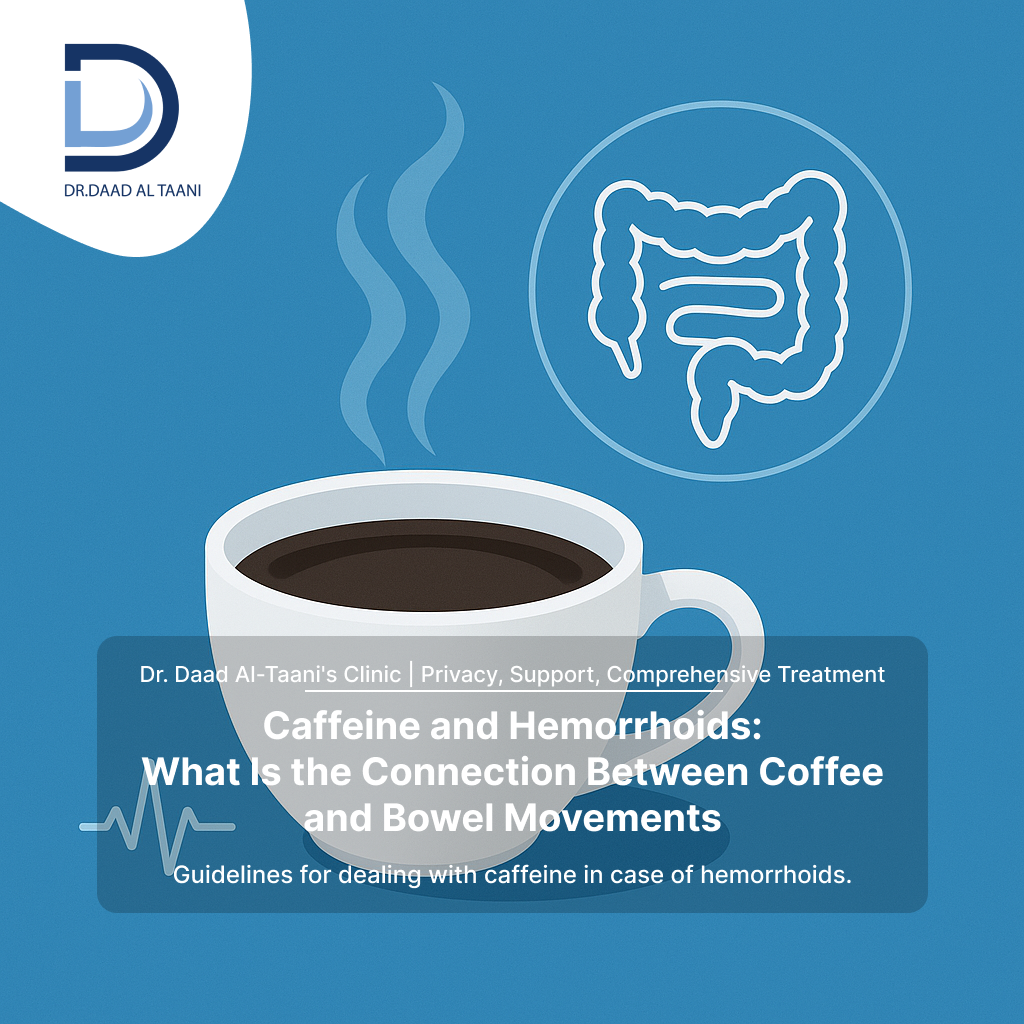Who Is Most at Risk of Developing Hemorrhoids?
In this article, we will explain who is most at risk of developing hemorrhoids and why the contributing factors can vary from one person to another. Hemorrhoids are a common health issue that can cause significant discomfort. Many people suffer from its symptoms without knowing the direct cause, which is why understanding the nature and causes of this condition is so important.
What Are Hemorrhoids, Their Symptoms, and Causes?
Hemorrhoids are swollen veins located inside the rectum or around the anus. They can be internal, which are not visible from the outside, or external, which cause noticeable pain and swelling. Symptoms often start with pain or itching in the anal area, and bleeding may occur during bowel movements. Some people may also feel a small lump or swelling in the area.
There are many reasons for developing hemorrhoids. Chronic constipation is one of the leading causes, along with frequent diarrhea, prolonged sitting or standing, heavy lifting, and obesity. Pregnancy and aging are also significant contributing factors.
If left untreated, hemorrhoids can lead to complications such as blood clots or anemia. In rare cases, they can cause severe inflammation or problems with bowel movements. Understanding the causes helps with prevention, and early diagnosis can stop the condition from getting worse.
Certain groups of people are more at risk than others. Women, for example, are more likely to develop hemorrhoids due to pregnancy, childbirth, and hormonal changes. People with sedentary lifestyles or those who consume low-fiber diets are also at higher risk.
Dr. Daad Al-Taani, a specialist in anorectal disorders in Dubai, emphasizes that maintaining a healthy lifestyle is the first line of defense. She recommends proper nutrition, drinking enough water, and avoiding long periods of sitting. She also highlights the importance of starting treatment as soon as symptoms appear.
This article will help you identify the groups most at risk of hemorrhoids and how to manage the condition in safe and effective ways.
You can visit our YouTube channel to watch exclusive interviews with Dr. Daad Al-Taani, where she discusses these conditions in greater detail.



